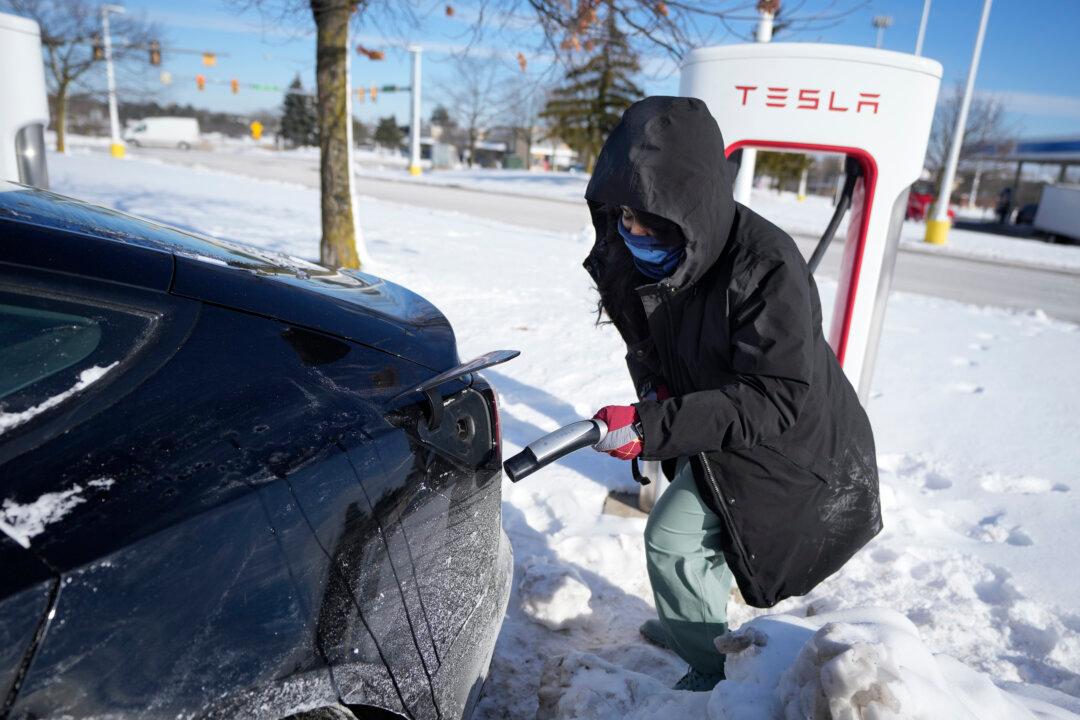The near-term challenges of mass electric vehicle (EV) adoption inevitably begin with price, but a recent cold snap has re-emphasized battery and charging snags. In addition, as prices for new EVs trend down, new buyers also have to consider potentially lower resale values.
Tom Narayan, lead equity analyst covering global autos at RBC Capital Markets, told BNN Bloomberg on Jan. 31 that the EV market is going through a bit of a slowdown.





